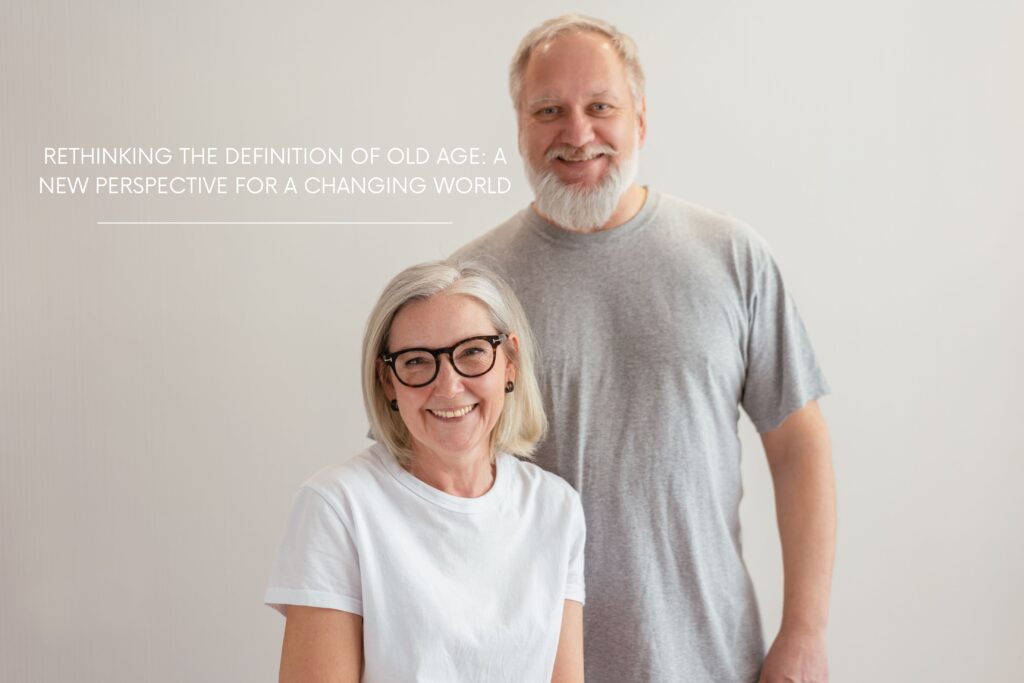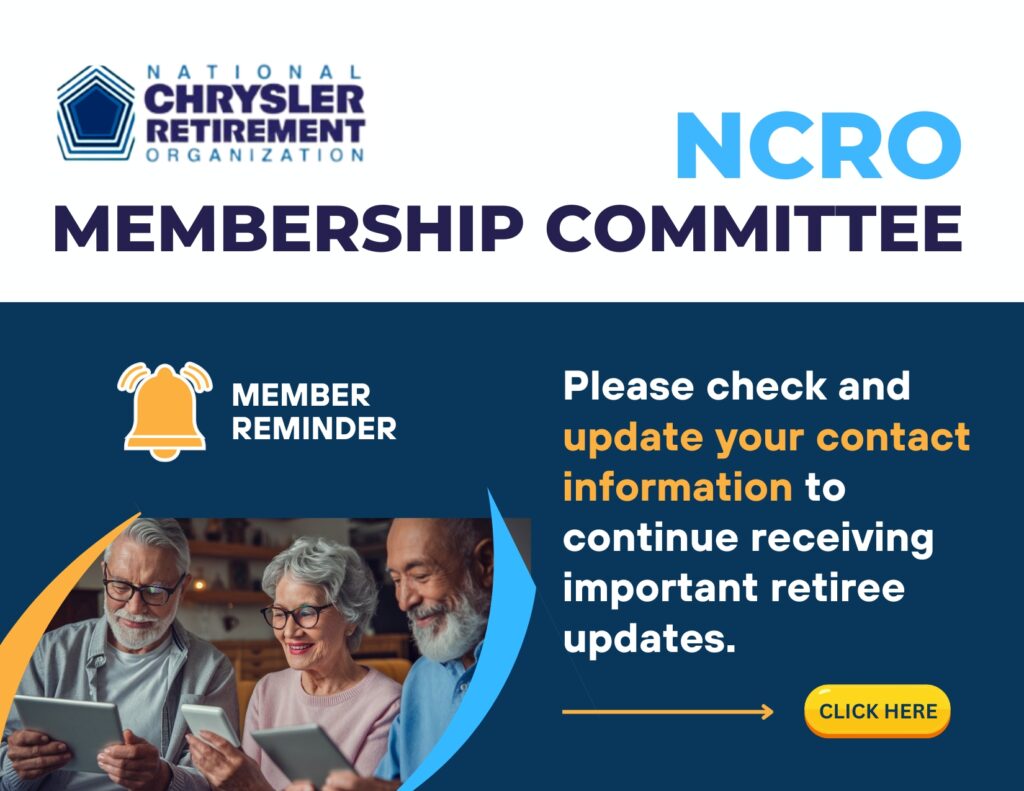The National Chrysler Retirement Organization’s Aging Information Committee is committed to helping members understand these shifts and their implications. More than ever, age is about vitality, contribution, and perspective—rather than a fixed number.
Why the Traditional Definition No Longer Fits
Because of these changes, calling someone “old” at 65 no longer makes sense. Many retirees in their 60s and 70s are active volunteers, caregivers for grandchildren, and even entrepreneurs. They are healthier, more engaged, and contributing more than ever before.
A Shift Toward Functional Age
Cultural and Global Perspectives

What This Means for Retirees
- Staying engaged: Whether through volunteering, mentoring, or part-time work, retirees have more opportunities to stay active contributors.
- Prioritizing health: With longer lifespans, maintaining physical and mental health becomes more important than ever.
- Adapting expectations: Retirement may no longer mean “slowing down.” Instead, it can be a launchpad for new experiences and personal growth.
Importantly, it also means challenging outdated stereotypes. Aging does not automatically mean frailty or irrelevance—it can mean wisdom, resilience, and purpose.
Looking Ahead
The Aging Information Committee will continue to share updates, research, and resources to help members navigate these changes. Through our website, newsletters, and free webinars, we provide tools and insights to support members in embracing aging as a dynamic, fulfilling stage of life.



